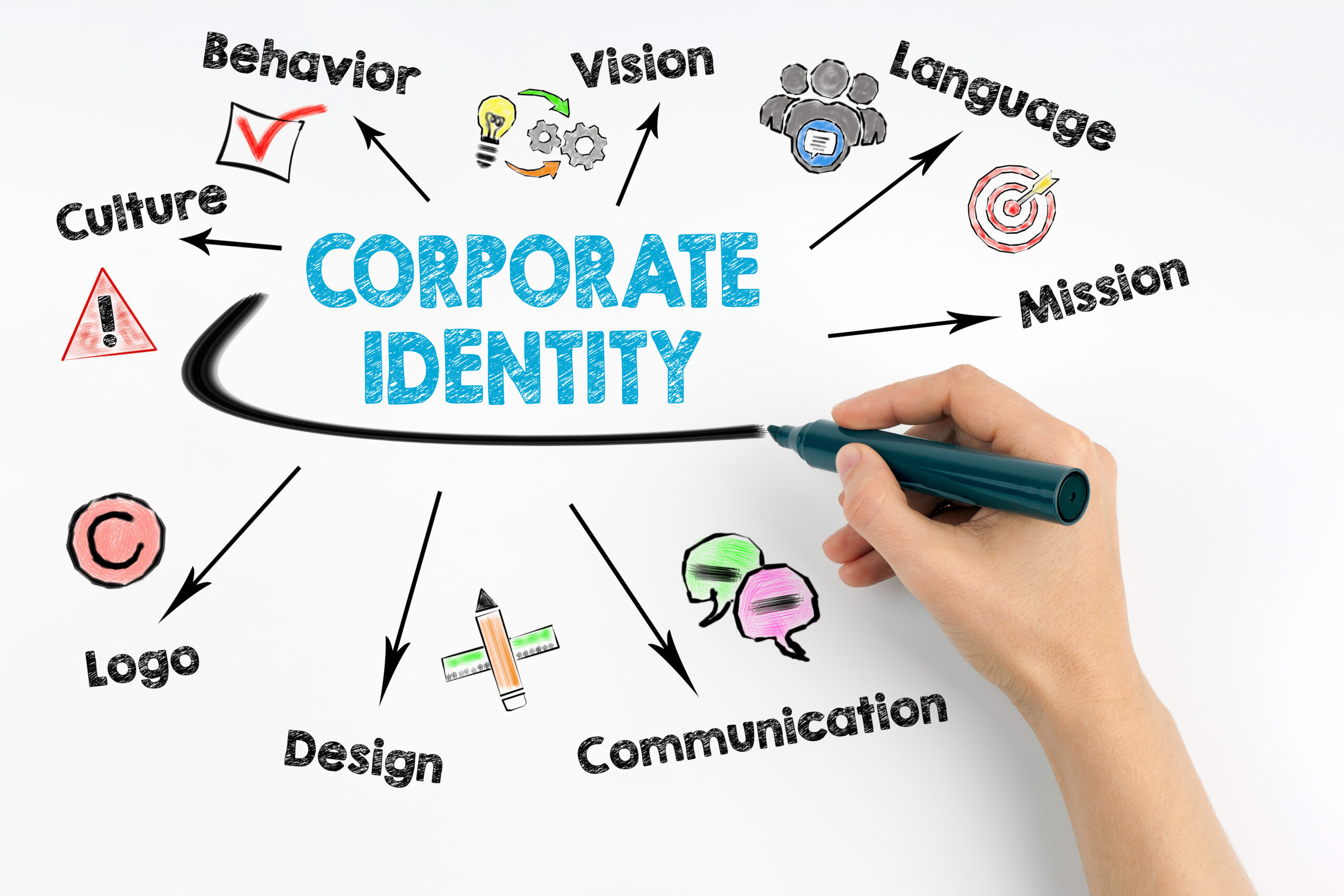Chargebacks are a serious thing in businesses today. Not only can they threaten the company’s reputation but they also may cause merchants not to be approved for their accounts. They can also be the reason that companies report a loss time and time again. Chargeback don’t just mean that the sale was not made, or that there is unreturned merchandise. Oh no, the true cost of a chargeback is much more complex than that. These include extra fees, costs to stock, and many other expenses. If chargebacks keep growing, so do the costs incurred.
What is a chargeback fee?
A chargeback fee is imposed on a merchant by the bank in an effort to recover the money that had been paid in error by the client, without their consent.
How much is a chargeback fee?
Chargeback fees can range from $20 right up to $100 including the operation and customer acquisition costs. Companies often lose up to three times the transaction amount.
Chargebacks also accompany the expenses that merchants often don’t even consider – or even know exist – until it’s much too late. These may include:
- Transaction fees: The payment processors often charge 3.5 to 4% of the transaction value just to process a purchase. If that particular transaction results in a chargeback that means cash was lost.
- Operational costs – There is so much that goes into processing an order – picking, packing and shipping it, managing the warehouse and stock, ensuring that transportation is sorted, and a host of other factors. ON average, these costs typically amount to about 20% of merchant revenue – revenue that is lost when a charge is reversed.
- Marketing and acquisition costs – It is almost certain that the sale didn’t come for free. You probably invested lots of hard-earned dollars into starting up that business, and you might even be paying full-time staff to do the repping and marketing around the clock. It is estimated that merchants spend about 30 to 40% of their revenue in marketing – money that’s wasted and lost when those sales end in chargebacks.
- Chargeback fees – Finally, chargebacks also come with drawback fees from your service provider – usually anywhere from 15 to 40% of the transaction value.
If you are a merchant and you have met your obligations as the seller, you provided the product, shipped it and delivered it on time; it should be unfair for you to have to pay these costs on top of being a person of your word. A chargeback is not the same as a refund because refunds are initiated by the seller on behalf of a complaint by the customer while a chargeback comes with fees in the first place. Chargebacks are forced reversals of the transaction by issuing the bank. The transaction is forced and thus the bank and the credit network need to play a part in this process, they charge chargeback fees. Chargebacks will end up costing merchants much more than a refund. Merchants get chargeback fees because it costs money to process and manage chargebacks.
When the bank issues the chargeback, they refund the cardholders money from their own funds and this is why a fee is charged, to get the issuing fee back.
Employees at the banks, card network and elsewhere may have gotten involved in managing the process which costs money: managing a chargeback and handling money, customers and potential issues with security so the bank passes off some of that cost to the merchant.
Chargebacks pose a threat to your reputation, your bottom line and your business model as a whole and should not be seen as a part of doing business. Merchants must fight them and they must become a high priority no matter what industry they are in.
In order to prevent chargebacks, you must also understand what causes them. What is the reason customers are requesting chargebacks? Check the codes that you receive. What problems have they brought to your attention? What can be done to prevent the issue from arising in the future?




